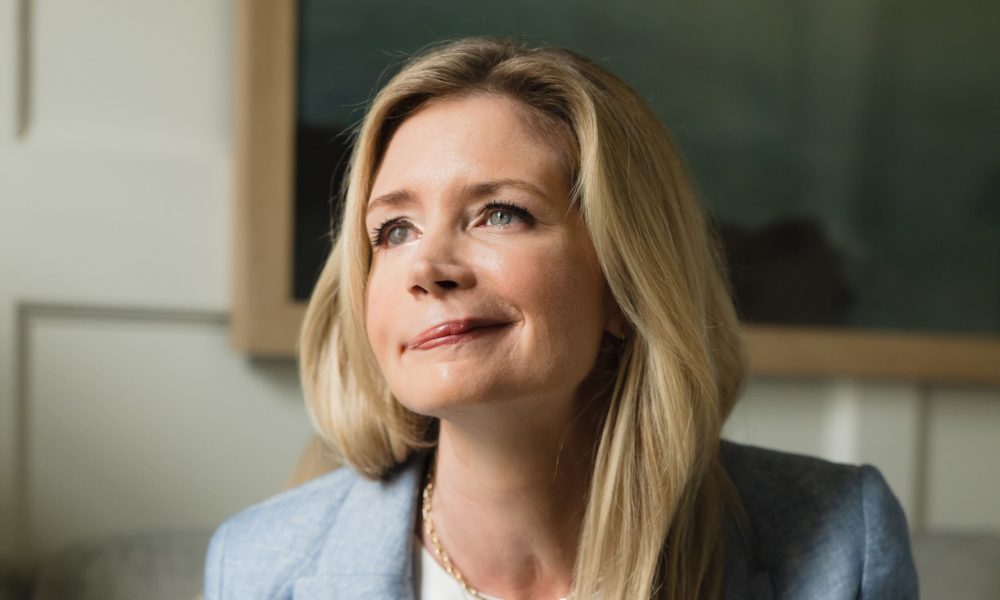

Today we’d like to introduce you to Katherine Wolf.
Katherine, we appreciate you taking the time to share your story with us today. Where does your story begin?
I’m originally from the South, my husband Jay and I met in college. We married and moved to Los Angeles to pursue law school for Jay and the entertainment industry for me. Our son James was born in 2007 and just six months later, I miraculously survived a catastrophic stroke caused by a congenital brain defect that I never knew I had. After a sixteen-hour brain surgery, forty days in the ICU, a year in neuro rehab, and eleven operations, I continue to recover to this day. In 2015 I gave birth to a miracle baby. Our two sons bring immense joy and light to our lives!
Can you talk to us a bit about the challenges and lessons you’ve learned along the way. Looking back would you say it’s been easy or smooth in retrospect?
For a year after my stroke, I was unable to eat or drink a single thing. While I am now able to eat and drink, during the year I could not swallow, I felt I no longer had a seat at the world’s table—literally or figuratively—since so much of life happens while sharing a meal. Among a litany of other deficits that shaped my new reality, my inability to eat was, surprisingly, the most painful. I’ve spent the nearly fifteen years since my stroke struggling to find a seat at the table.
Therefore, advocating for and making room at the table for the disability community has become our life’s work. People with disabilities are the largest minority group in the world and nearly 80% of us are under-employed or altogether unemployed. Once people with disabilities age out of the school system, our social circles often shrink down to our aging parents and paid caregivers. Our core needs are finding a place to belong and earning a livable wage.
The story of disability is one I never imagined living, after over a decade of embracing our reality, the very experience that broke us has mended us into stronger people. We’re more encouraged than ever to expand and deepen our healing work alongside people with disabilities by understanding their needs and offering holistic and dignifying solutions.
As you know, we’re big fans of you and your work. For our readers who might not be as familiar what can you tell them about what you do?
In the years following my stroke, we launched our faith-based nonprofit Hope Heals; this year marks the ten years anniversary of starting this work. What began as an online community of suffering people has since expanded into books, speaking events around the country, respite gatherings, and even a summer camp experience for families affected by disabilities.
We believe the deepest transformations happen around the table, woven into the rhythms of living and working and learning together. After over a decade of serving the disabled population and living this reality ourselves, our ethos of hope is taking the form of Mend; an accessibility-first coffee shop, retail concept, and community hub offering belonging and belovedness to people of all abilities in thoughtfully designed spaces for gathering, working, and celebrating.
In the most unexpected ways, we’ve found the tragedy that wounded us has, in fact, become the triumph that healed our souls. The very thing that broke us would also mend us into stronger, more resilient people. Those scars and seams where the broken pieces were repaired now remind us that we survived.
We’d love to hear about any fond memories you have from when you were growing up?
I’ve always known I wanted to tell the story of God’s work in the world from a public platform. As a child, I would line up my toys against my bedroom wall and unload impassioned sermons on the audience of an eclectic collection of baby dolls and toys. In the early days of my recovery, not one bit of my situation seemed to fit into my plan, which I had accidentally mistaken as God’s plan. Surely this wasn’t the life I had been promised or the platform I’d been assigned. As I settled into my new normal, I began sharing my story at speaking engagements and I realized my platform wasn’t collateral damage in my stroke. Rather, my stroke and my pain had given me a platform to be a living embodiment of God’s work and hope in the world.
Contact Info:
- Website: hopeheals.com
- Instagram: https://www.instagram.com/hopeheals/?hl=en
- Facebook: https://www.facebook.com/hopeheals/
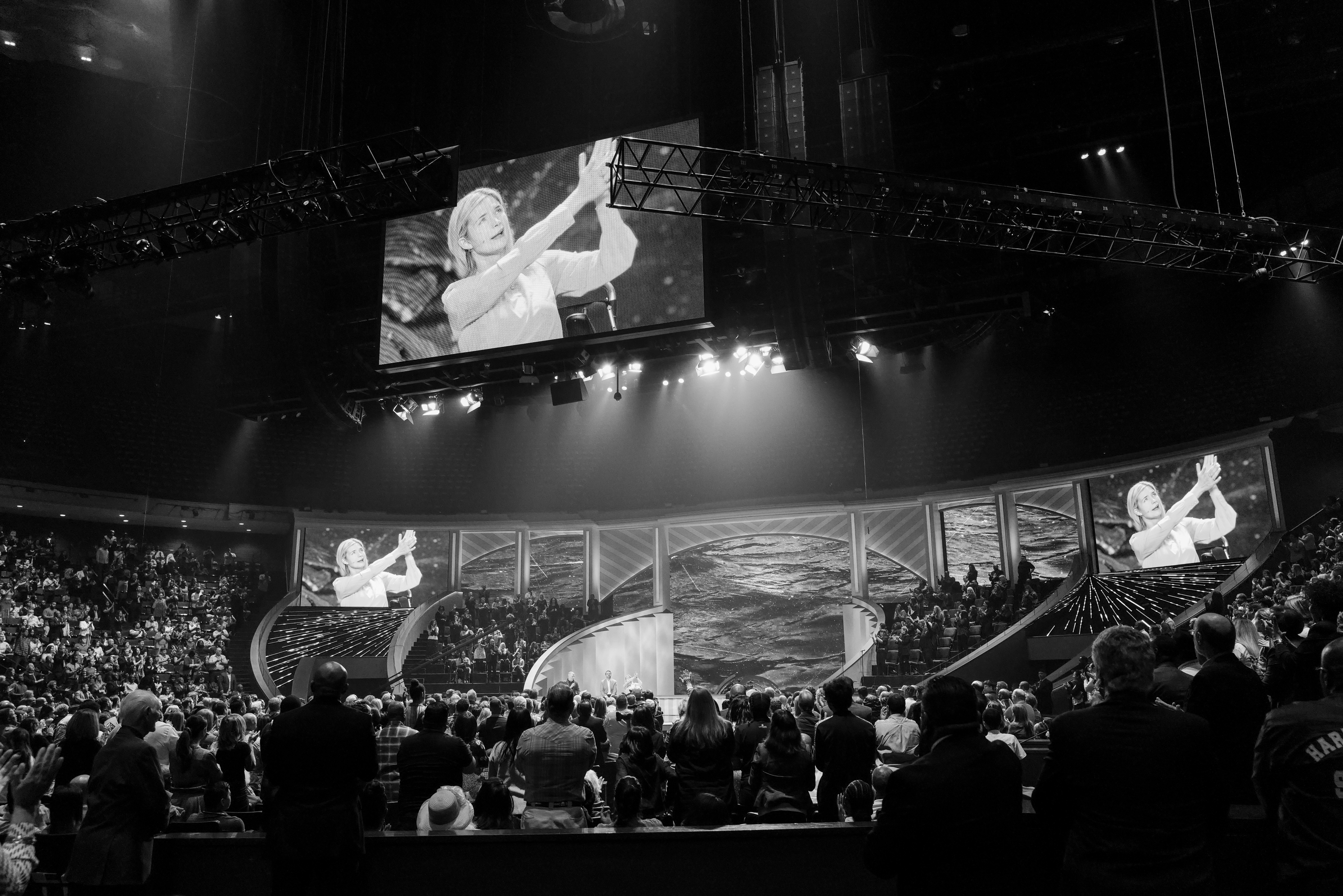
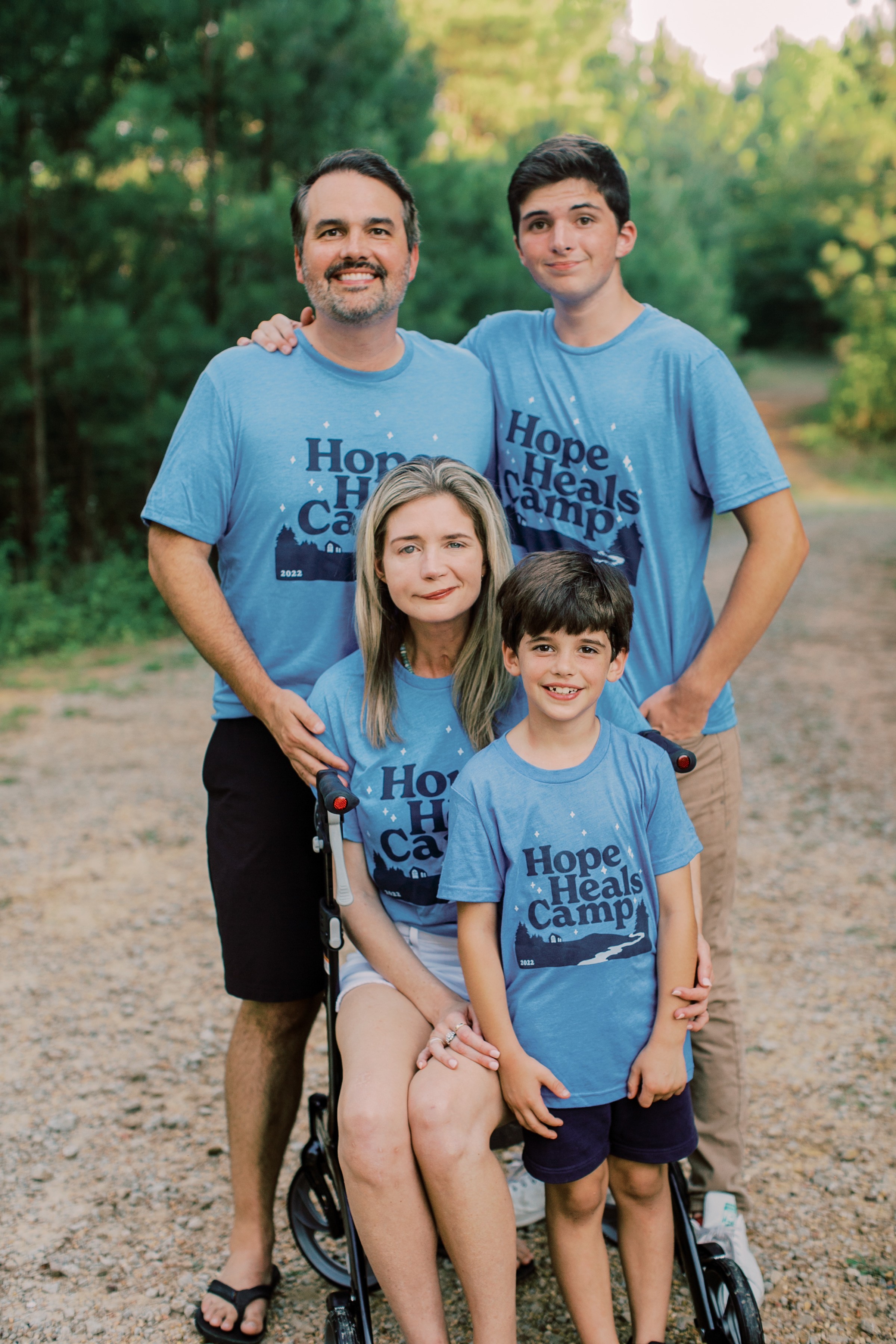
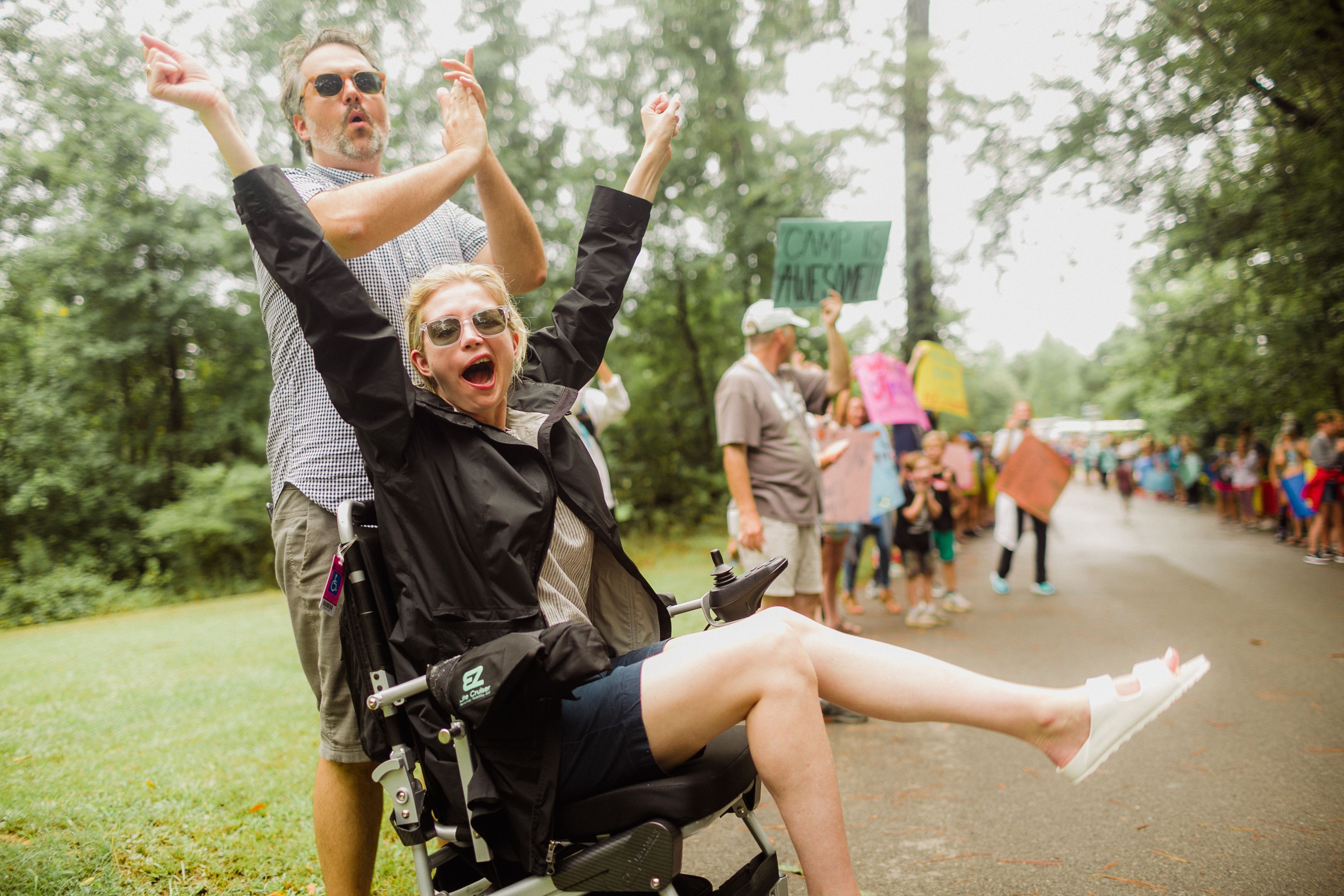
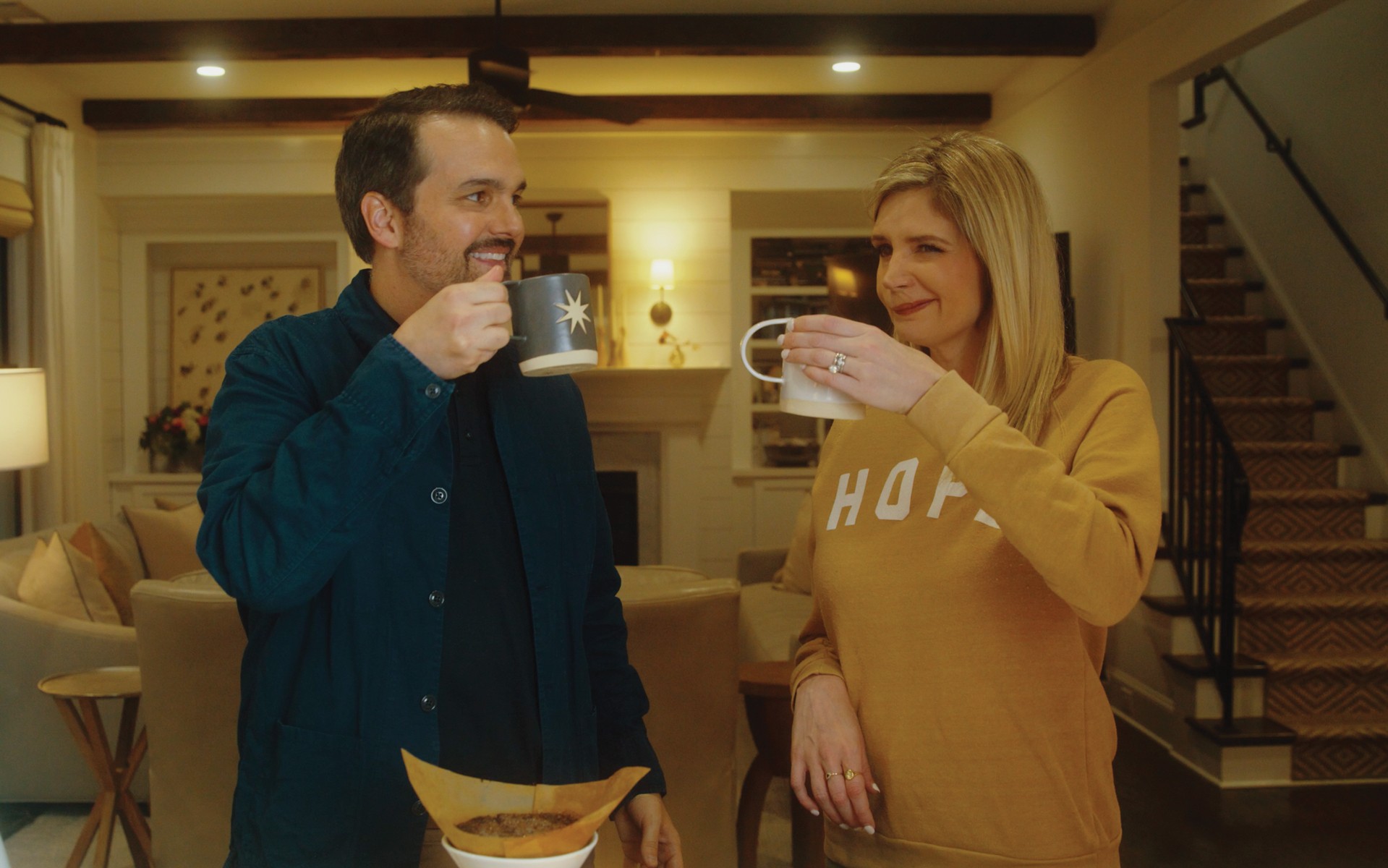 Image Credits
Image Credits
The wonderful Brian Johnson and Ashley Monogue.













